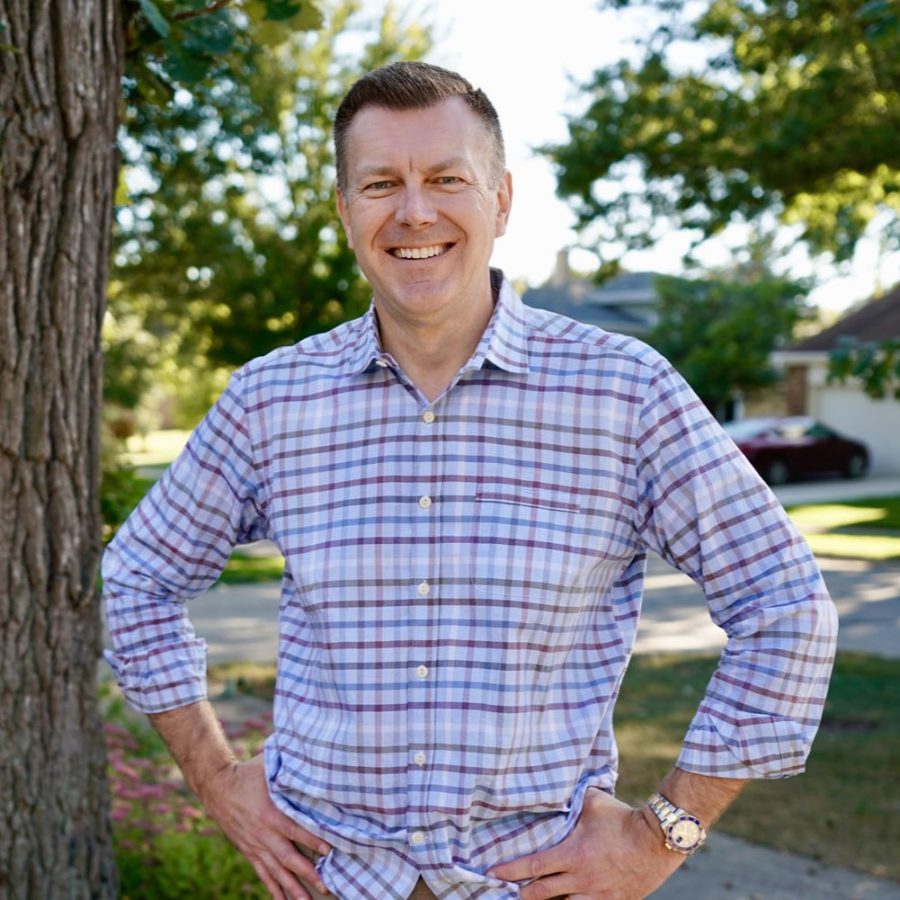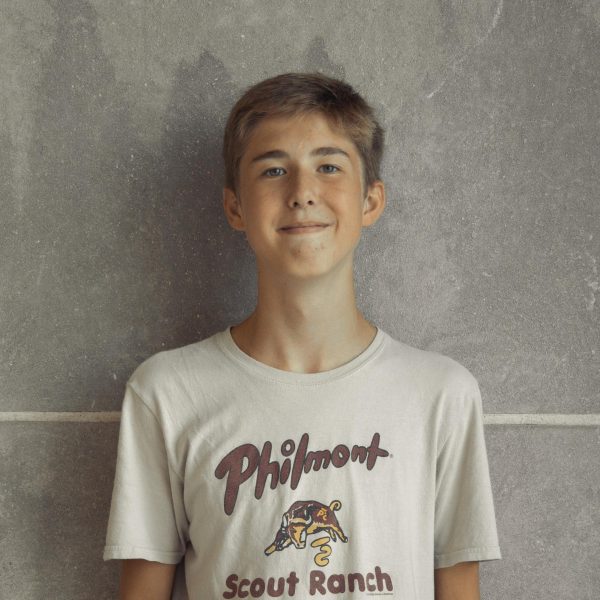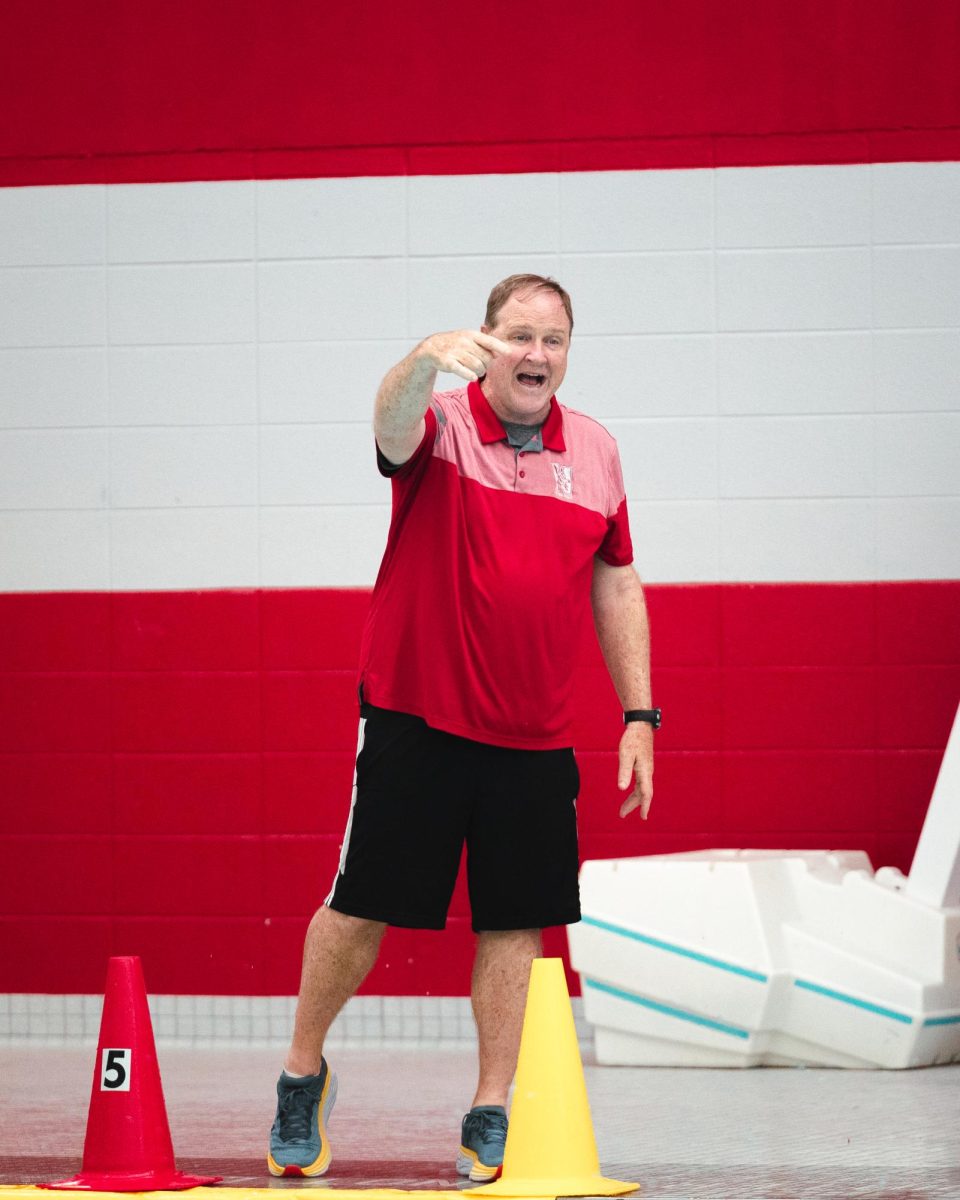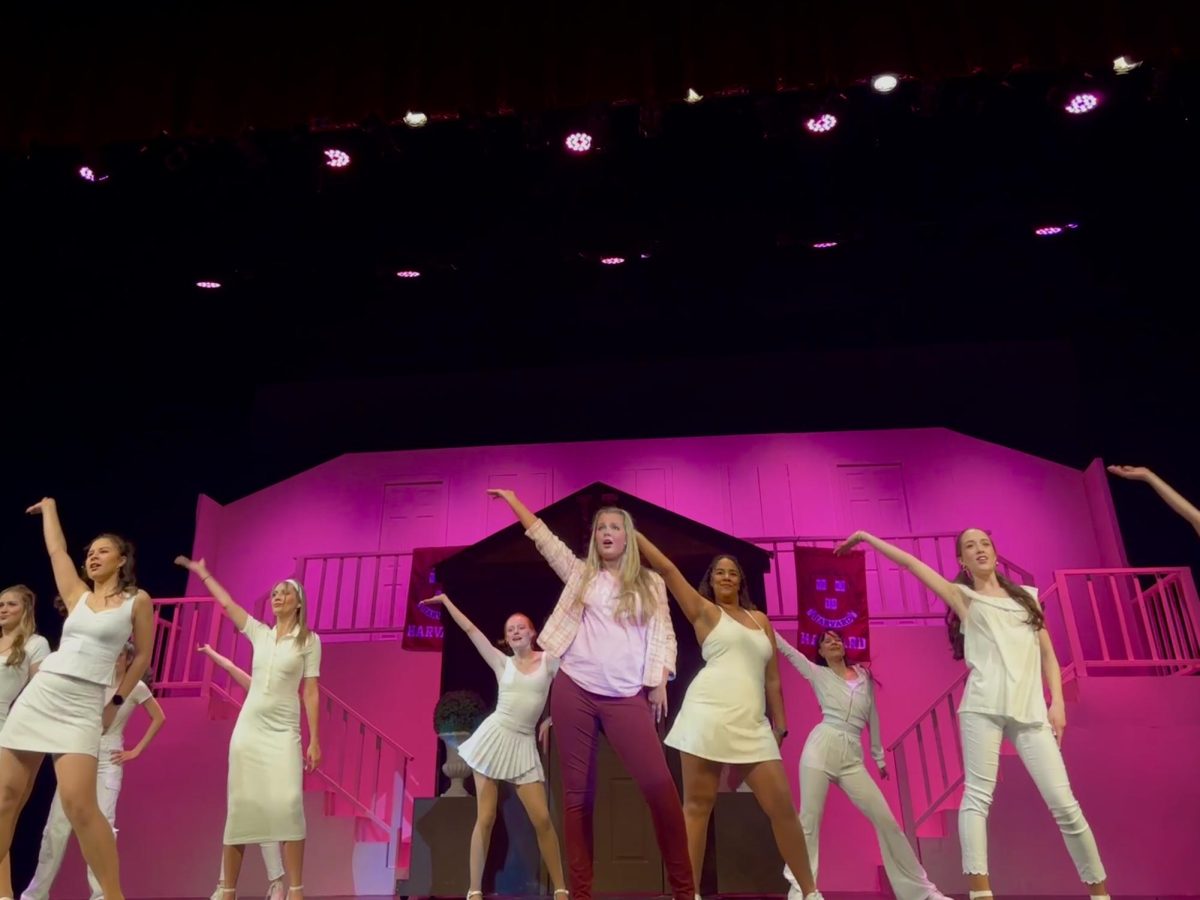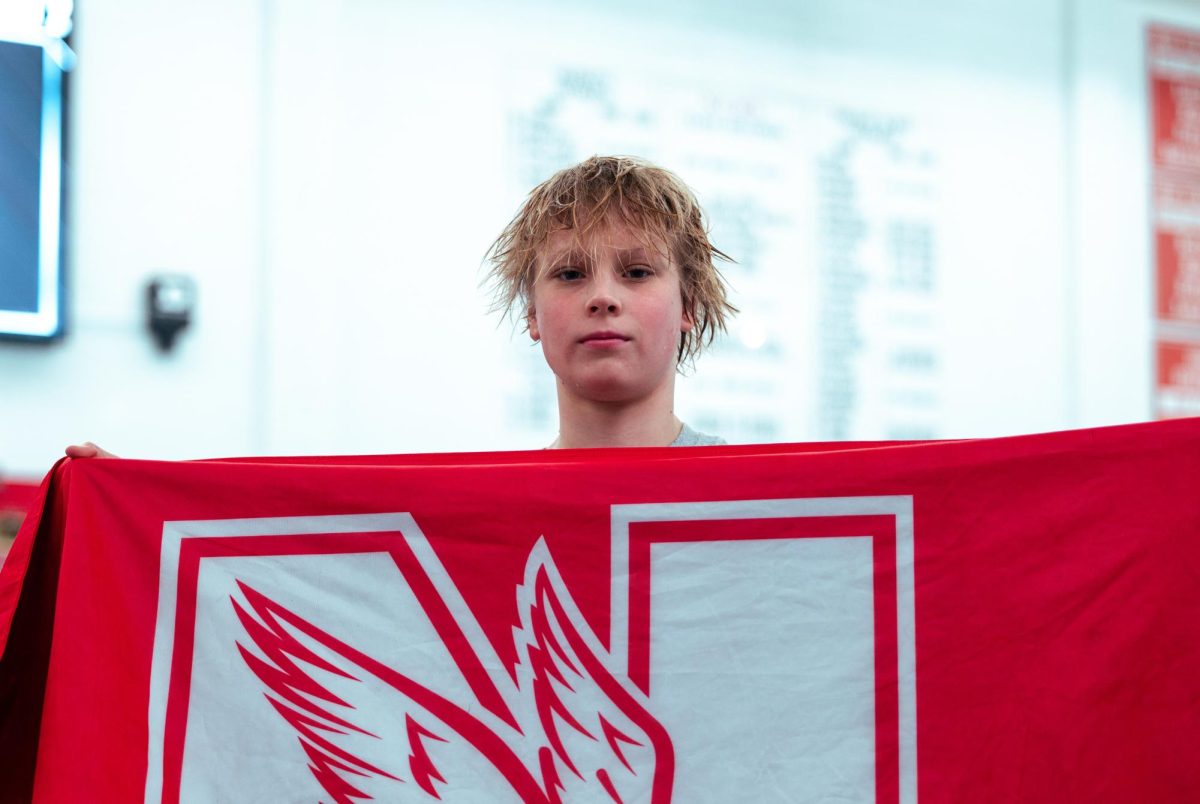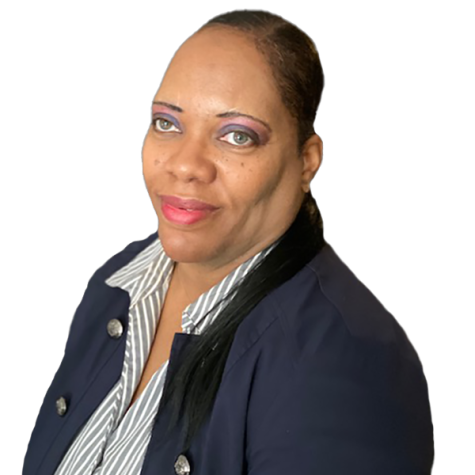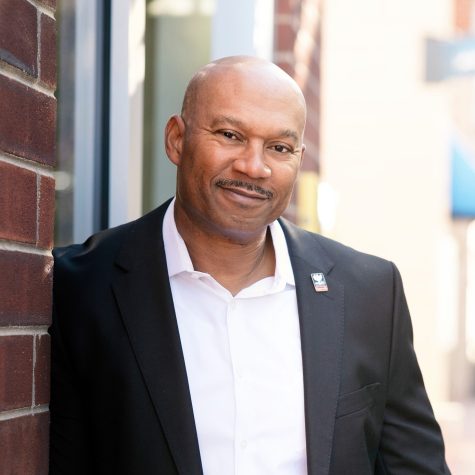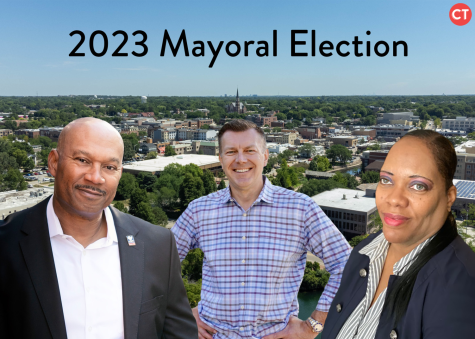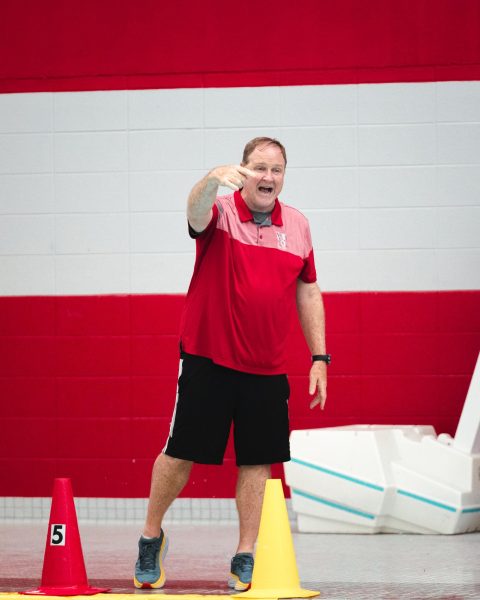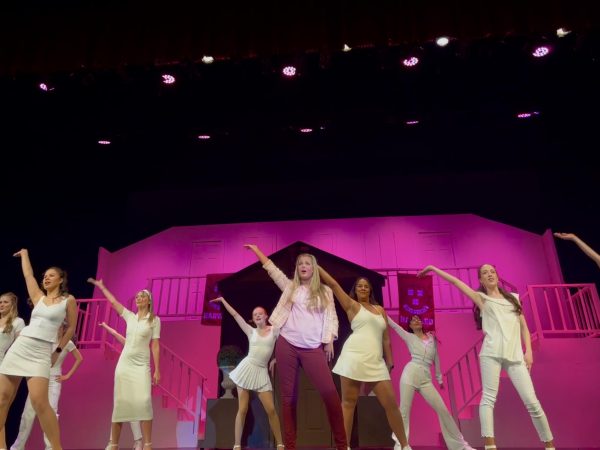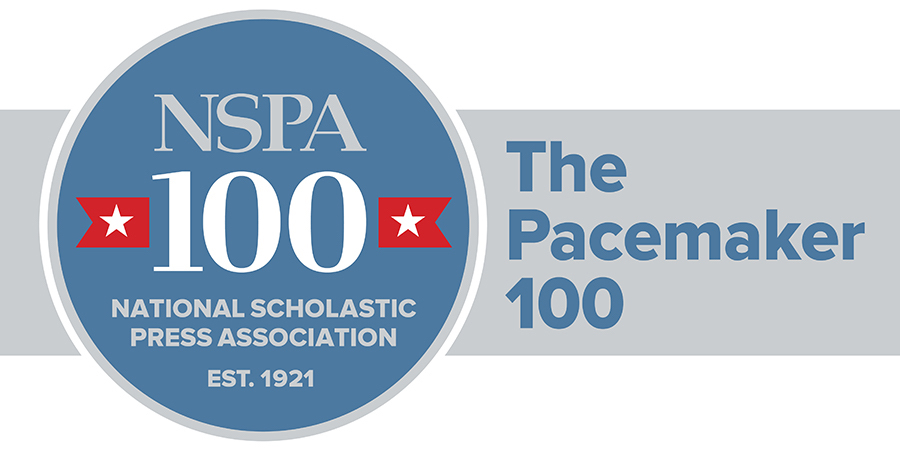2023 Mayoral Election Overview: Scott Wehrli
March 24, 2023
This Q&A is a part of Central Times’ 2023 mayoral election coverage. To see interviews with all candidates in the race, click here. This interview has been edited for length and clarity.
Bio: Scott Wehrli is a local business owner of Dukane Precast, a prefabricated concrete company. Wehrli has served on the Naperville Liquor Commission since he was appointed 29 years ago. Wehrli graduated from Naperville Central in 1987, and went on to pursue a degree from North Central College. Wherli serves part-time as a lieutenant in the Naperville Park District Police and as an elected board member of Busey Bank. For the past 20 years, Wehrli has been a part of the Naperville Development Partnership board.
Q&A:
Q: Why did you decide to run for mayor?
A: I’ve been a lifelong resident, and saw a lot of changes happening in this particular election. There’s there’s four city council seats, as well as the mayoral seat that are going to be open. And I’m concerned about leadership going into our future. I’ve got decades of experience serving our community in various different ways, everything from being a business owner to working as a part time police officer for the last 32 years to being a liquor Commissioner for 29 years, under three different mayors, serving on the boards of two educational institutions as a trustee, and even starting community banks that lent money into our community and continue to do so today. So I have a unique background and experience as well as the historical perspective of growing up here, living here all my life, raising my own kids here, attending Naperville Central, going to North Central College, all of those things, equip me to understand what’s worked in the city’s past, as well as the things that did not work in our past and hopefully give us a good outlook for the things we have to do going forward as we approach our Bicentennial, or bicentennial in 2031.
Q: How would you describe your platform?
A: My platform is focused on three main principles. Number one is public safety. The reason people move to Naperville, the reason people stay in Naperville, is public. Having a safe place to raise their families, having a safe place to live is always a very important thing in our community. So that is going to be near and dear to my heart as a policeman for the last 32 years. I understand we have a changing community. It is a new type of crime that we are seeing in our community that we haven’t seen before. We have to prepare and adapt for that at a time where it’s very difficult to hire police officers. And we’re experiencing new records in fleeing and eluding cases and taking over 100 illegally possessed guns out of cars and one year alone, almost double the number taken in 2021. Those things are very apparent, they’re concerning to me as somebody who has seen our community go through changes over the years. And they’re concerned for the residents. So we’ve got to focus on that. We’ve seen mental health and addiction related calls increase in huge numbers over the past several years. Mental health and addiction are two things that are near and dear to my heart because in my role, whether it be as a police officer or a business owner or a I even as a person who’s got a family I’ve seen and felt and understand the impacts of mental health in our community, it touches everyone regardless of race or gender or color, religion, how much money they have.
My second part would be economic development. For the last 20 years, I’ve been a member of the Naperville Development Partnership. As a business owner and job creator, I’ve been on the front lines of having conversations with businesses that are seeking to relocate to Naperville or figuring out ways to keep their businesses in Naperville. And I understand the needs of what those businesses are looking for. I understand our community and what we can offer to them. What we got to be very cautious with, though, in those economic development strategies is not giving away all sorts of incentives that will have an impact on other portions of the community and other taxing bodies. For example, tax increment financing districts would potentially take a development off of your tax rolls for decades.
The last piece of my platform is what I refer to as the people’s money. Naperville has a $603 million budget, which is a lot of money and I don’t look at it as the city’s money. It’s the taxpayers money. That’s where it comes from. And as somebody who’s run a business understands what it means to have budgets that have to be balanced and understands the facets of being responsible for other people’s money from my banking background. I can safely say that I’m comfortable in making real decisions, and asking difficult questions when it comes to our budget and budgeting process. So I understand what it’s like to be responsible for money that is not my own.
Q: What is your vision of Naperville 10, 20, 30 years from now?
A: I think Naperville has been trending towards being a very multicultural, very forward thinking community for many decades. And I think as we look into the next 20 to 30 years, we’ve got to be very conscious of the decisions we make to get us and keep us on that same trajectory, meaning that there are going to be a lot of decisions for our council in the next several years. We’ve got to figure out ways to keep our community sustainable in anticipation of the changes that are going to come down the road. We also don’t want to lose track of what made our community great. Making sure we’ve got sustainable practices in place, making sure our transportation is leading instead of following trends. Those things are all going to be very important for our city. Not to mention, having a place where our young people can leave, go to college, live in Chicago and then come back to Naperville and raise their own families. That’s been a cycle that’s been happening for as long as I can remember. And it would be wonderful to see that continue down the road.
Q: There is minimal affordable housing in Naperville, what actions would you take to raise the affordable housing stock?
A: There is a proposal right now going through the city council on an affordable housing ordinance that would give developers bonus density – which means they could put more in less space – and would reduce parking requirements. And it would also reduce a very successful Parkland cash donation to the park district that has been in place for 30 or 40 years. That ordinance at its current state is something I would not be in favor of, because it does not come back to the city council. If a one size fits all ordinance is passed, I would be in favor of continuing the discussions on affordable housing opportunities, but they have to come before the city council. That’s the city council doing their job. We just had a very successful project in South Naperville. It was a senior housing project as well as a project for adults with intellectual disability and meets the criteria to qualify for affordable housing. If you were to come to Naperville right now and want to build a fence six inches higher than is allowed by ordinance, you would have to come to the city council and get that approved. But this proposed affordable housing ordinance going through the council right now would not have to do that. And I think that’s Council skirting their job of making sure we get what’s right for our community, meaning everything’s addressed and neighborhood concerns are addressed. I think that’s part of our city council’s job to do.
Q: What is your vision for Downtown Naperville?
A: Well, I think the magic of downtown Naperville always has to be the retail mix as well as the hospitality industry. Right. So if you have one whole downtown area that’s nothing but restaurants and bars, well then you don’t have a real thriving downtown. The goal would be to have a downtown that is functioning from early in the morning, till late at night and have a very exciting and inviting place that people need to go to and continue to go to. When I first got on the liquor commission back in the early 90s, one of the missions from the liquor commission was to eliminate the additions of tavern liquor licenses, which meant you would only have to serve alcohol [and not food] to have a liquor license. That’s why you don’t see a lot of bars in our community, It’s primarily good restaurants. But the forward looking concerns I have about our downtown is being able to attract and retain [new businesses, and] the retail rents that continue to rise in our downtown area. Retailers like to be around other good retailers. I think rents are right now probably about as high as they’ve been in a long time. Which unfortunately is affecting the ability for the smaller mom and pop stores to come there. I would love to see ways that we could attract and retain some of those businesses in our downtown. And I think that’s something we absolutely have to work on.
Q: Over the last few years, the Ogden Avenue Corridor has been greatly improved. Are there any large scale corridors or areas of improvement you would like to see through if elected mayor?
A: The East West technical corridor is of great concern to me. I mean, that is an area that really put Naperville on the map back in the 70s 80s and 90s. That was Amoco, that was Bell labs, Lucent and Nokia and all these different large businesses that have their campuses there. And as we stand today, I mean most of those buildings are near empty or completely empty. The campuses are being broken up for sale. The Amoco property is around 170 acres. It’s one of the largest redevelopment projects in the western suburbs. There’s real opportunities there to attract the correct type of businesses. What’s a particular concern is when those buildings come down. What used to be on the tax rolls for $50 million. Well, they come off the tax rolls, and now you just got the value of that dirt. So the impact on our tax revenue is great. And we’ve got to be very conscious of making sure that we do everything we can to get those buildings back on the tax rolls, performing at their highest and producing great jobs for people in our community.
Q: What’s your view of the current fiscal state of the city, and possible improvements you would like to see fiscally?
A: The city’s tax rate is the lowest it’s been in decades. We have to continue to make sure that we trend for a lower tax rate. However, again, we’ve got a lot of things out there in our future that we can avoid and some of those things like the updating of our water treatment facility in south Naperville that we have to get done. We also have to replace our public safety radio system, which is how the police and fire department communicate. That system is antiquated, it’s hard to get parts for the radios now and needs to be replaced. That’ll be north of $25 million. So there’s $150 million of potential capital improvements that we have to get done here in the next several years. And while Naperville has done a good job of being fiscally conservative and making sure we replenish our reserves as well as reduce our debt, we also have to be cognizant of aging infrastructure and the fact that we can’t keep kicking things down the road and waiting for them to fail, we have to do preventive maintenance along the way.
Q: Over the last few years, our country has become more partisan. Have you seen anything to reflect this in your race for a non-partisan position?
A: When you have a community like Naperville, that is obviously very politically divided, you can just look at the results of the midterm elections. You have to have a mayor who represents all of the community. And if you run on a partisan slate, or you’re only endorsed by partisan politicians, or if you keep going down that road, it’s hard to be truly someone who represents the entire community because you’re picking a side. So I am very vocal about my opposition to partisan policy. One of the reasons I ultimately made my decision to run is I was seeing a lot of potential partisan division at the City Council occurring. Now, it seems like everybody wants to choose a side and you gotta go this way or that way. And I just don’t think that’s right. And the more conversations I have with voters along the last year and a half, it’s been they’re so tired of seeing that political division in our community. I think if we keep our eyes on what’s important to our residents, then we’re doing our job as elected officials.
Q: What role do you want to see young people play in the city of Naperville if you were to be elected mayor?
A: I would love to see young people very active in participating with me if i’m elected, everything from opportunities to help work in the mayor’s office, shadow in the mayor’s office, be involved in meetings that the mayor attends, so they have exposure to what’s going on in our city. But in particular, I think our young people could be very active in participating with my commitment to our mental health initiatives. And that, I think, is something that has to start with a commitment from our young people. I think if we’re successful in creating a community that can openly talk about mental health, we would be very successful in having young people contribute and learn and participate in programs that we’re going to develop. I think that’s a great conversation and a great opportunity for our young people to participate in their community.
Q: How have your experiences in District 203 and as a graduate of Naperville Central influenced your positions and leadership style of today?
A: I came to Naperville as an adopted kid. I could have ended up anywhere in the world. And my parents brought me to Naperville, Illinois. And it truly changed the trajectory of my life. I went to Maplebrook for elementary school, I went to Lincoln for junior high. And then I graduated from Naperville Central and ultimately went to North Central College. All of those experiences really gave me a lot of opportunities. And when you grew up in Naperville, there’s one thing that you figured out really quickly: Your parents certainly have a lot of influence in your life, but you get injected into all these different clubs and sports and programs and you start to realize that it’s not just your parents raising you. It’s the volunteers, it’s other parents who coach and do all these different things that really contribute to how you’re raised in a community. So for me, those experiences repeated as I raised my own kids here with my wife. And we had them in the clubs and sports and all those things just like we did, and those are great opportunities. So I would love for that to repeat and I think that’s one of the things that makes Naperville very special.
For more on the 2023 mayoral election, click here.



